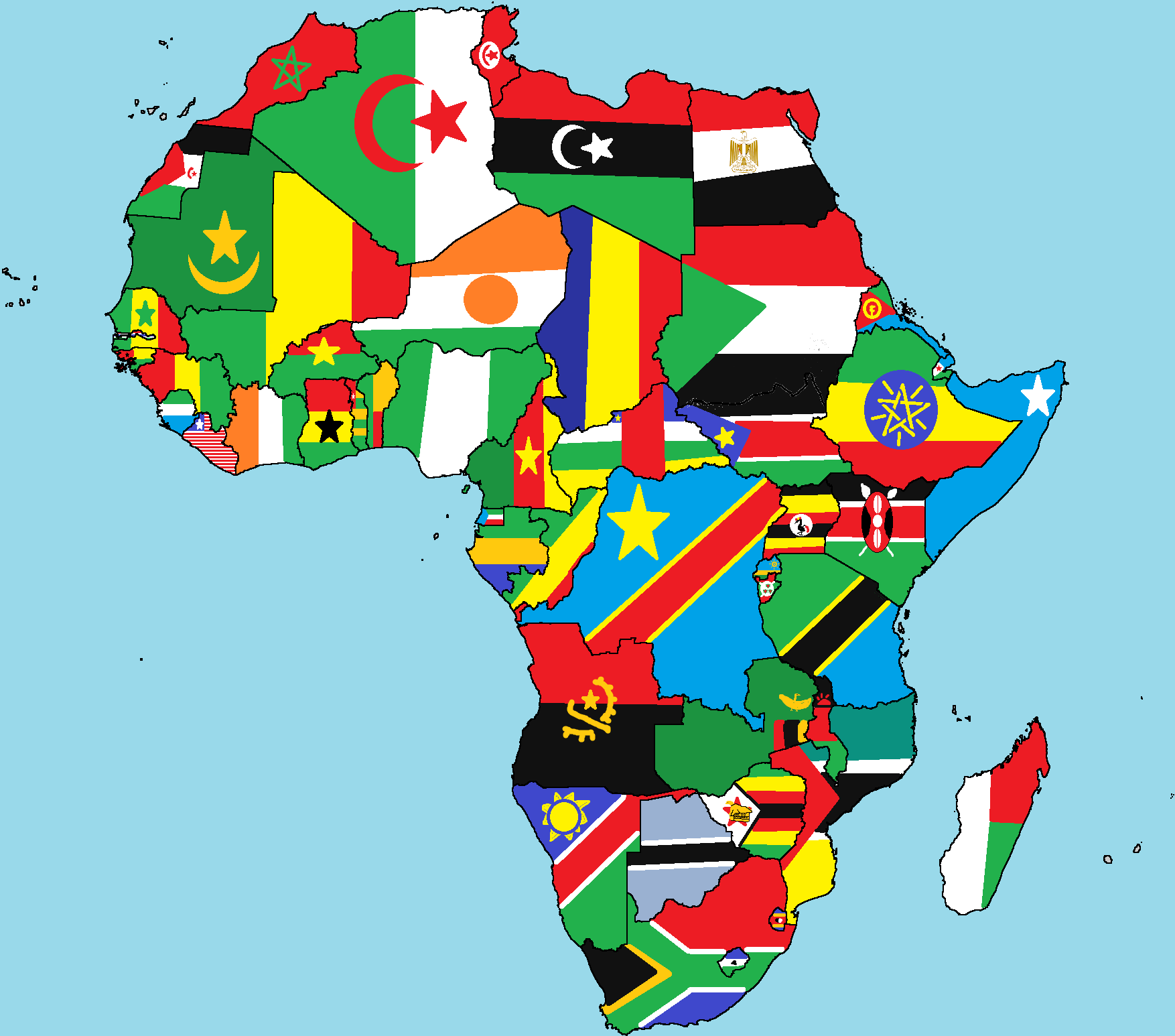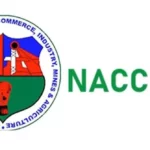By Hurso Adam
Nigeria, the giant of Africa, has historically been a leading voice in continental affairs, playing a crucial role in anti-colonial and anti-apartheid movements across Africa. Since 1960, the country’s impactful foreign policy from its active engagement in the DRC peacekeeping and the struggles against apartheid in South Africa, Mozambique, and Zimbabwe to its influence in West African politics, have been so commendable.
Presently, there is a noticeable silence of Nigeria in African geopolitics, with potential implications for both Nigeria and the wider continent.
In the golden era of her foreign policy, Nigeria had been characterised by a strong commitment to Africa, often encapsulated in the phrase “Africa is the centrepiece of our foreign policy.” Post-independence, Nigeria emerged as a vocal opponent of colonialism and apartheid. Its role in South Africa’s fight against apartheid is perhaps the most vivid illustration of its foreign policy strengths.
Nigeria not only provided financial support to the African National Congress (ANC) but also imposed considerable economic sanctions on the apartheid regime. Nigerian passports famously bore the inscription: “This passport is valid for all countries except South Africa.” Minority rule was dismantled and the South African people were freed.
In Mozambique and Zimbabwe, Nigeria’s support extended beyond rhetoric to material assistance and diplomatic backing for liberation movements like FRELIMO in Mozambique and ZANU in Zimbabwe. Nigeria’s contributions were pivotal in these countries’ struggles for independence and their subsequent efforts to overcome the legacies of colonial misrule.
Nigeria’s influence was not limited to southern Africa. In West Africa, it has been a key player in the Economic Community of West African States (ECOWAS), participating actively in interventions aimed at restoring democracy and peace in the region. Nigeria’s military and diplomatic efforts in Liberia and Sierra Leone during their civil wars highlight its commitment to regional stability and governance.
Nigeria spearheaded the establishment of the ECOWAS Monitoring Group (ECOMOG), and was willing to commit resources to peacekeeping operations within the sub-region. These interventions not only helped stabilise these countries but also enhanced Nigeria’s stature as a regional power broker.
Despite these substantial contributions to regional and continental affairs, recent years have seen a noticeable decline in Nigeria’s active engagement in African geopolitics. Several factors contribute to this silence:
One is the domestic challenges: Nigeria’s current foreign policy appears to be significantly influenced by its internal issues, including economic instability, insecurity, and political unrest. The Boko Haram insurgency and conflicts in the Niger Delta have diverted attention and resources that might otherwise be aimed at broader continental issues.
Secondly, the decline in oil prices and the impact of the COVID-19 pandemic have strained Nigeria’s economy, limiting its ability to project power abroad. Economic diplomacy has taken a back seat as survival becomes the priority.
Thirdly is the leadership vacuum. The absence of strong and visionary leadership that once characterised Nigerian politics during the times of leaders like Murtala Mohammed and Olusegun Obasanjo is palpable. The current leadership seems more inward-looking, with less emphasis on Africa-wide leadership.
Nigeria’s reduced voice in African affairs has implications both for the country and the continent. Regionally, the vacuum is increasingly being filled by other African nations like South Africa and Kenya, which are stepping up to lead in areas such as conflict resolution and economic integration. Internationally, Nigeria’s silence diminishes its ability to influence policies and partnerships that affect the continent.
By nature, the West African sub-region is our constituency and the sphere of our economic, political and security influence. As such, Nigeria must maintain the status quo and lead the region through diplomacy and communication, not by force. I call on President Bola Tinubu to commission a blueprint for Nigeria’s foreign policy to pursue our national interests unhindered. It is time for the Nigerian Institute of International Affairs (NIIA) and former foreign ministers to redesign our Afro-centric foreign policy. Additionally, President Tinubu should appoint experienced ambassadors to African countries, especially our immediate neighbours.
Nigeria once stood as a colossus in African and global affairs, championing causes that defined the continent’s direction. Its past roles in fighting apartheid and fostering regional stability are landmark chapters in African history. However, the current silence poses significant questions about the future of its foreign policy. For Nigeria to reclaim its position as a leader in Africa, it must balance its domestic imperatives with the need to engage more proactively in continental challenges. As Africa continues to navigate through complex global and regional issues, Nigeria’s voice is not only desired but necessary.
Adam PhD wrote from Abuja

 Join Daily Trust WhatsApp Community For Quick Access To News and Happenings Around You.
Join Daily Trust WhatsApp Community For Quick Access To News and Happenings Around You.


